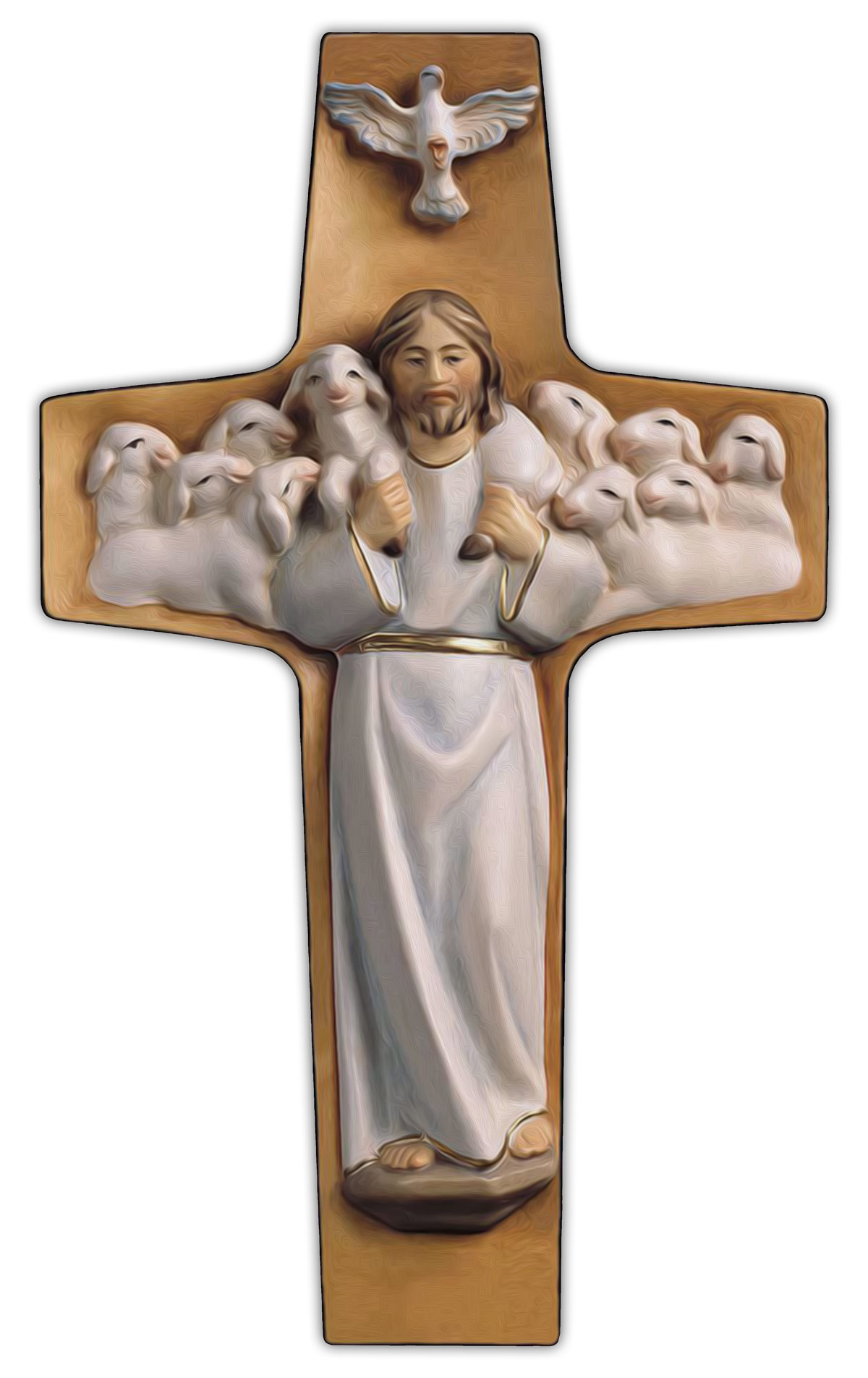

the Racist
Corruption of
Christianity
cannot properly understand racism and white supremacy, unless we understand its religious dimension, specifically, its Christian dimensions. So in the Color of Compromise, we go all the way back to the colonial era. One of the landmark laws that was passed really sticks out to me was in 1667, in the Virginia Assembly—which was bunch of white, Episcopalian men, so Christians—passed a law that said baptism would not emancipate an enslaved Native American or a person of African descent or mixed race descent.
They’re passing a law about religion based on race.
Fast forward to the Civil War, and there were literally what historians call pro-slavery, theologians. They were using their prodigious intellect in a twisted way to make their theology conform to this ideology of white supremacy, and so there you get things like the “Curse of Ham” that says people of African descent are by nature, in the Bible, sentenced, condemned to lifelong slavery.
So, religion and specifically Christianity has always been in this mix. Robert P. Jones’ most recent book is called White Too Long, and he’s the head of the Public Religion Research Institute. So his book is packed with data, polls and statistics, and basically, all of it shows that being white, and Christian makes you more likely to be racist and makes it so that you hold on to those racist beliefs, more tightly, which is haunting.
It reveals that oftentimes we retrofit our theology to fit our ideology, and that we follow the culture first, rather than Christ. And so a lot of what we’re seeing is people who are racist going back to the Bible to justify that racism. But now, their bigotry is baptized in the Bible, which makes it have a lot more sticking power because it’s not just what ‘I believe’ or ‘our political party believes.’ This is ‘what God is teaching.’
You could even call it a conversion to racial justice and opening up to this form of being a disciple of Jesus in the world.
There’s wonderful scholarship being done now, on the early African origins of Christianity.
So what we have to realize is that Christianity was around a lot longer and before “whiteness.” Even many of the earliest Africans who were forcibly brought to North America were Christians themselves. Christianity has also been the motivation for liberation among lots of different marginalized groups and specifically black Christians. And so I look at people like that—Ida B. Wells, and Fannie Lou Hamer, and Medgar Evers who were all devoted Christians. [Christians] also dedicated their time and energy and even sacrificed their lives for the cause of justice—not in spite of, or as an addendum to their Christianity, but as core and central to their Christianity. So that makes me say we have this “great cloud of witnesses.” How could I abandon the faith because a few white people want to, in the name of ungodly, sinful ideas, corrupt and co-op, the Christianity that Christ taught?